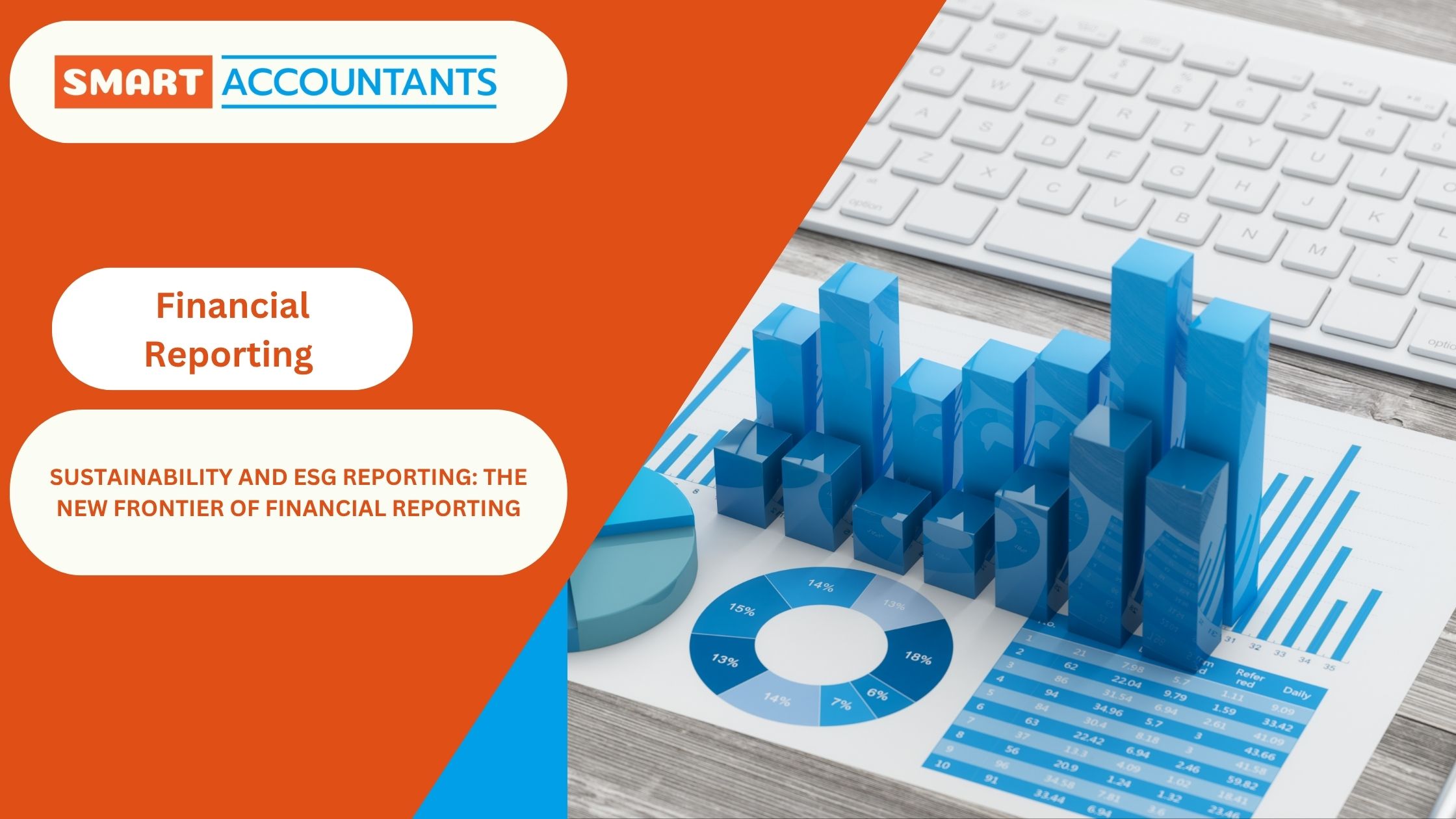As businesses face increasing pressure from investors, regulators, and consumers, sustainability and ESG reporting have emerged as critical components of modern financial reporting services. In 2025, Environmental, Social, and Governance (ESG) factors are transforming how companies disclose performance beyond traditional financial metrics. This blog explores ESG reporting, why it matters, and how it integrates with financial reporting services.
What is ESG Reporting?
ESG reporting involves disclosing a company’s environmental impact, social responsibility efforts, and governance practices. It provides stakeholders with a broader view of business sustainability, ethical conduct, and risk management.
Why ESG Reporting Matters in 2025
- Investor Demand: Increasingly, investors seek companies with strong ESG performance for long-term value.
- Regulatory Requirements: Governments and agencies are mandating ESG disclosures.
- Brand Reputation: Transparent ESG practices build trust with customers and partners.
- Risk Management: Identifying and mitigating ESG-related risks protects businesses.
- Competitive Advantage: Companies with robust ESG reporting attract capital and talent.
Components of ESG Reporting
1. Environmental
- Carbon footprint and emissions
- Energy usage and efficiency
- Waste management and recycling
- Water usage and conservation
2. Social
- Labor practices and employee welfare
- Diversity and inclusion
- Community engagement
- Customer privacy and data protection
3. Governance
- Board composition and independence
- Ethical business practices
- Transparency and accountability
- Executive compensation
How Financial Reporting Services Integrate ESG Reporting
Professional financial reporting services now include ESG metrics alongside traditional financial data to provide comprehensive corporate reports. They help:
- Collect and verify ESG data.
- Align ESG disclosures with frameworks such as GRI, SASB, or TCFD.
- Integrate ESG metrics into annual reports and filings.
- Ensure compliance with emerging regulations.
- Communicate ESG performance clearly to stakeholders.
Technologies Supporting ESG Reporting
- Data Analytics Platforms: For measuring and tracking ESG KPIs.
- AI and Automation: To process large volumes of ESG data efficiently.
- Blockchain: Enhancing transparency and traceability in ESG reporting.
- Cloud Collaboration Tools: Facilitating cross-functional ESG data collection.
Summary: Why Embrace ESG Reporting Today
ESG reporting is no longer optional. At Smart Accountants, we recognize it as a strategic imperative that complements financial transparency and supports sustainable business growth. By partnering with expert financial reporting services that incorporate ESG frameworks, companies position themselves for success in 2025 and beyond.
FAQs About ESG Reporting
Q1: Is ESG reporting mandatory for all companies?
Requirements vary by jurisdiction, but regulations are expanding globally.
Q2: How does ESG reporting affect financial reporting?
It supplements financial data with sustainability metrics for a fuller picture.
Q3: What frameworks guide ESG reporting?
Common frameworks include GRI, SASB, and TCFD.
Q4: Can small businesses benefit from ESG reporting?
Yes, especially those seeking investment or looking to improve reputation.
Q5: How do financial reporting services help with ESG?
They provide expertise in data collection, compliance, and communication.






